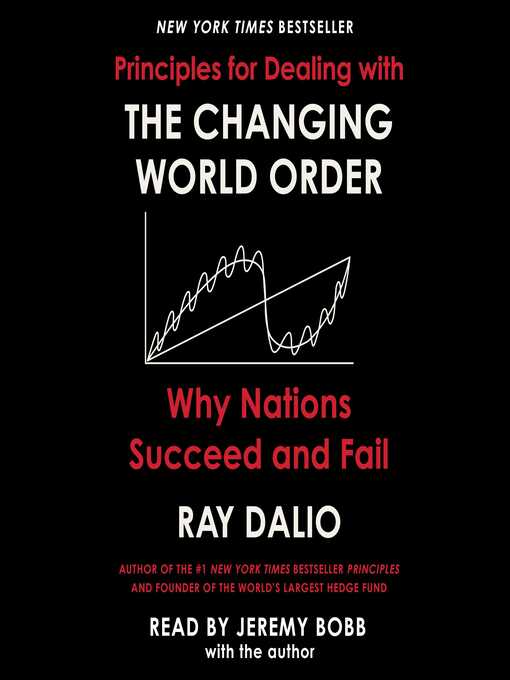

Beyond describing the challenges to human rights, the book offers targeted, practical recommendations for national and multilateral policymakers, activists, and scholars for concrete actions to protect human rights as well as improve public understanding of why doing so is essential.

It is the result of a year of workshops with human rights activists and young leaders from around the world, with chapters written by a diverse group of leading scholars. This book examines these new challenges to international and regional human rights in Africa, Europe, Latin America, and the Middle East. And new technologies - including autonomous weapons systems and relentless digital surveillance - have given national leaders new ways to control or even abuse their citizens with impunity. More broadly, domestic political movements based on nationalism, religion, and populism are challenging human rights norms on nearly every continent.

Together, these threats have undermined what had been a fragile international consensus as recently as two decades ago about the importance of concerted international action to protect human rights and punish those who abuse them.Ĭhina, Russia, and other nondemocratic regimes have become increasingly bold in acting as if agreed-upon international human rights standards no longer exist, or at least do not apply to them. Human rights - and the international institutions that strive to protect them - are under increasing attack from powerful actors on the global stage, from recent political trends even within established democracies and from new technologies. Human rights protections must be reinforced against growing challenges from new global forces


 0 kommentar(er)
0 kommentar(er)
